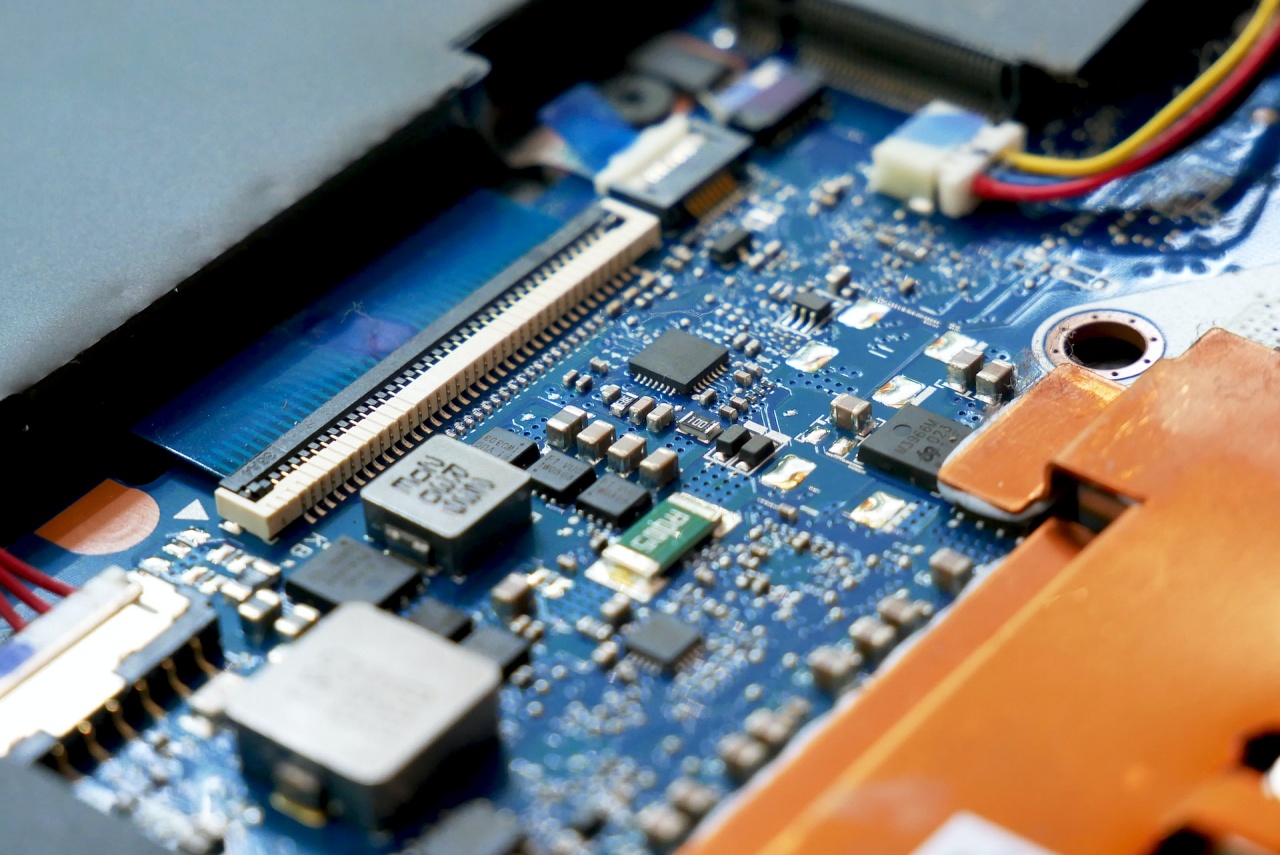Chinese chipmakers reportedly turn to Malaysian companies for chip assembly deals as fears of U.S. sanctions intensify. A growing number of China-based chip design firms are reportedly tapping into companies in Malaysia to handle the assembling process of their high-end chips.
The chip firms are said to be taking this step to limit risks in case the United States widens its sanctions on China's semiconductor industry. The companies are asking chip packaging enterprises to assemble graphics processing units (GPUs) for them to complete their production processes.
Assembly Deal Requests
This information was shared by three individuals who are familiar with the discussions regarding the matter. As per Reuters, the deal requests only comprise assembly, a production process that does not breach any U.S. restrictions.
The Chinese firms are not requesting other jobs such as fabrication of the chip wafers. They reiterated that they only need chip assembly for GPUs. In a positive development, it was said that some companies have successfully secured contracts already. However, sources declined to identify the companies involved since the agreements are confidential.
The U.S. Restrictions
WION News reported that the increased restrictions by U.S. officials are limiting China's access to advanced GPUs, which are important components in artificial intelligence and military applications. The sanctions have left minor Chinese chip design firms fighting to obtain enough supply of advanced packaging services locally. This made the firms turn to Malaysian firms for these essential services.
Meanwhile, it was mentioned that Unisem, which is mainly owned by China-based Huatian Technology firm, and other chip packaging firms in Malaysia have received more business proposals and inquiries from Chinese customers. Despite possible concerns over the reactions, it was said that Unisem's business dealings are not affected because they are fully legitimate and compliant with the operation requirements.
Photo by: Vishnu Mohanan/Unsplash



 Uber Ordered to Pay $8.5 Million in Bellwether Sexual Assault Lawsuit
Uber Ordered to Pay $8.5 Million in Bellwether Sexual Assault Lawsuit  SpaceX Pushes for Early Stock Index Inclusion Ahead of Potential Record-Breaking IPO
SpaceX Pushes for Early Stock Index Inclusion Ahead of Potential Record-Breaking IPO  Nvidia CEO Jensen Huang Says AI Investment Boom Is Just Beginning as NVDA Shares Surge
Nvidia CEO Jensen Huang Says AI Investment Boom Is Just Beginning as NVDA Shares Surge  Prudential Financial Reports Higher Q4 Profit on Strong Underwriting and Investment Gains
Prudential Financial Reports Higher Q4 Profit on Strong Underwriting and Investment Gains  Hims & Hers Halts Compounded Semaglutide Pill After FDA Warning
Hims & Hers Halts Compounded Semaglutide Pill After FDA Warning  Alphabet’s Massive AI Spending Surge Signals Confidence in Google’s Growth Engine
Alphabet’s Massive AI Spending Surge Signals Confidence in Google’s Growth Engine  Rio Tinto Shares Hit Record High After Ending Glencore Merger Talks
Rio Tinto Shares Hit Record High After Ending Glencore Merger Talks  Washington Post Publisher Will Lewis Steps Down After Layoffs
Washington Post Publisher Will Lewis Steps Down After Layoffs  Sony Q3 Profit Jumps on Gaming and Image Sensors, Full-Year Outlook Raised
Sony Q3 Profit Jumps on Gaming and Image Sensors, Full-Year Outlook Raised  Trump Backs Nexstar–Tegna Merger Amid Shifting U.S. Media Landscape
Trump Backs Nexstar–Tegna Merger Amid Shifting U.S. Media Landscape  Baidu Approves $5 Billion Share Buyback and Plans First-Ever Dividend in 2026
Baidu Approves $5 Billion Share Buyback and Plans First-Ever Dividend in 2026  Nasdaq Proposes Fast-Track Rule to Accelerate Index Inclusion for Major New Listings
Nasdaq Proposes Fast-Track Rule to Accelerate Index Inclusion for Major New Listings  Tencent Shares Slide After WeChat Restricts YuanBao AI Promotional Links
Tencent Shares Slide After WeChat Restricts YuanBao AI Promotional Links  Weight-Loss Drug Ads Take Over the Super Bowl as Pharma Embraces Direct-to-Consumer Marketing
Weight-Loss Drug Ads Take Over the Super Bowl as Pharma Embraces Direct-to-Consumer Marketing  Amazon Stock Rebounds After Earnings as $200B Capex Plan Sparks AI Spending Debate
Amazon Stock Rebounds After Earnings as $200B Capex Plan Sparks AI Spending Debate  Ford and Geely Explore Strategic Manufacturing Partnership in Europe
Ford and Geely Explore Strategic Manufacturing Partnership in Europe  TrumpRx Website Launches to Offer Discounted Prescription Drugs for Cash-Paying Americans
TrumpRx Website Launches to Offer Discounted Prescription Drugs for Cash-Paying Americans 































